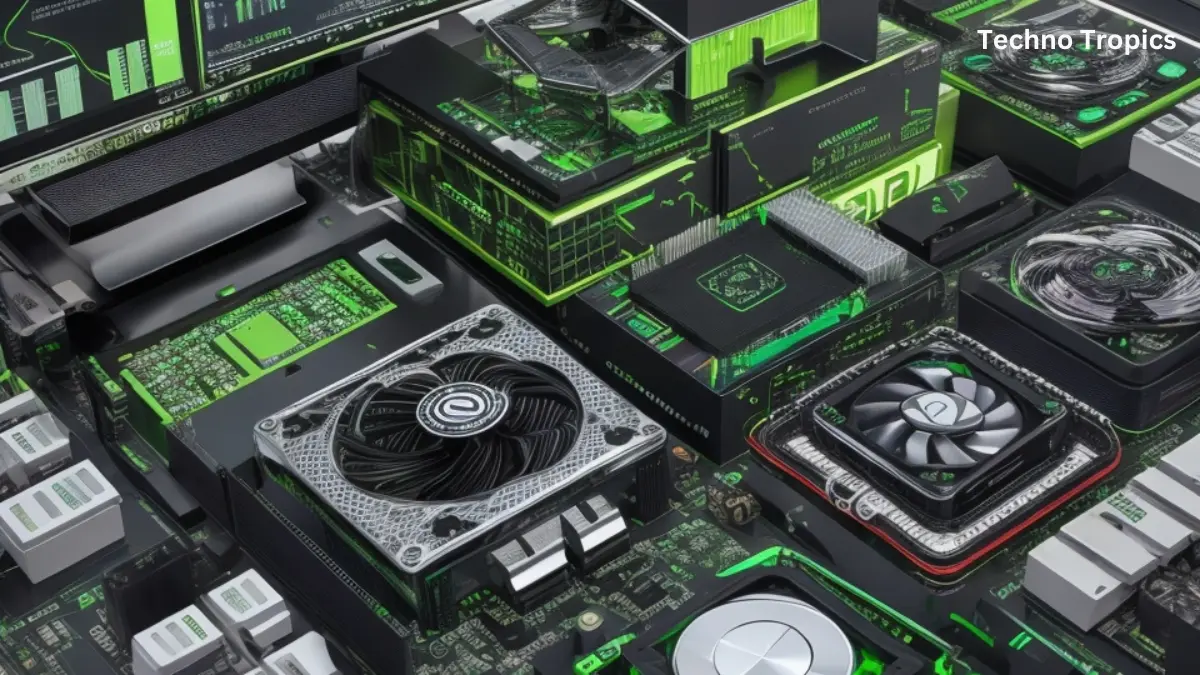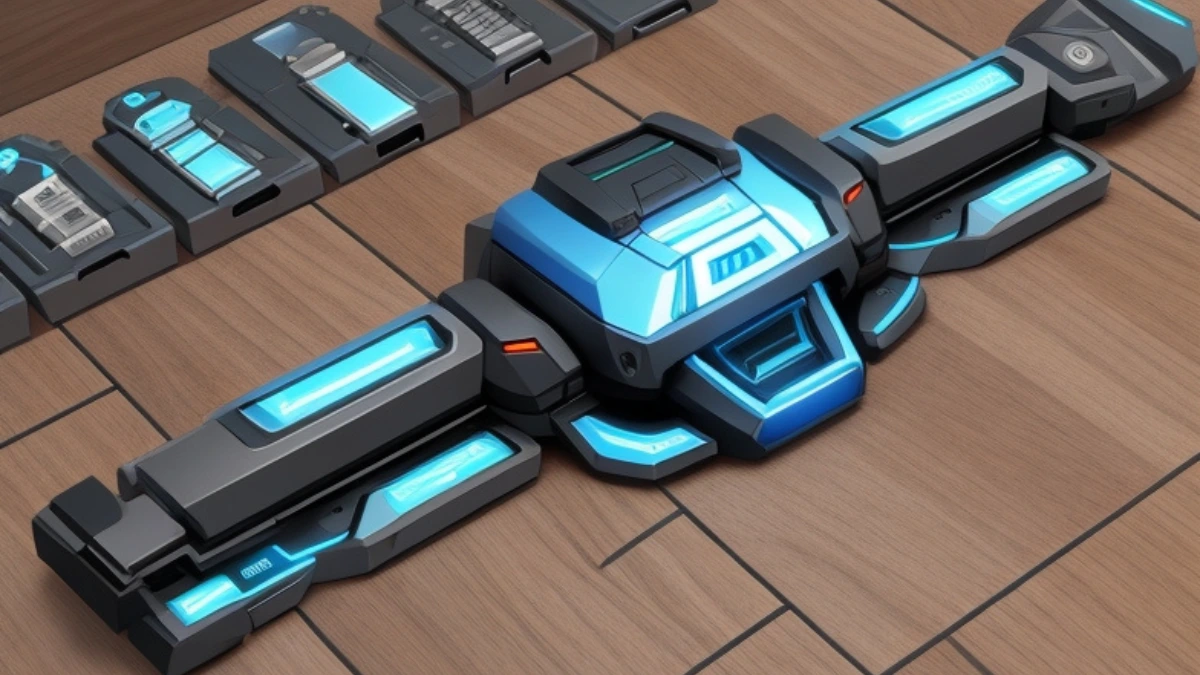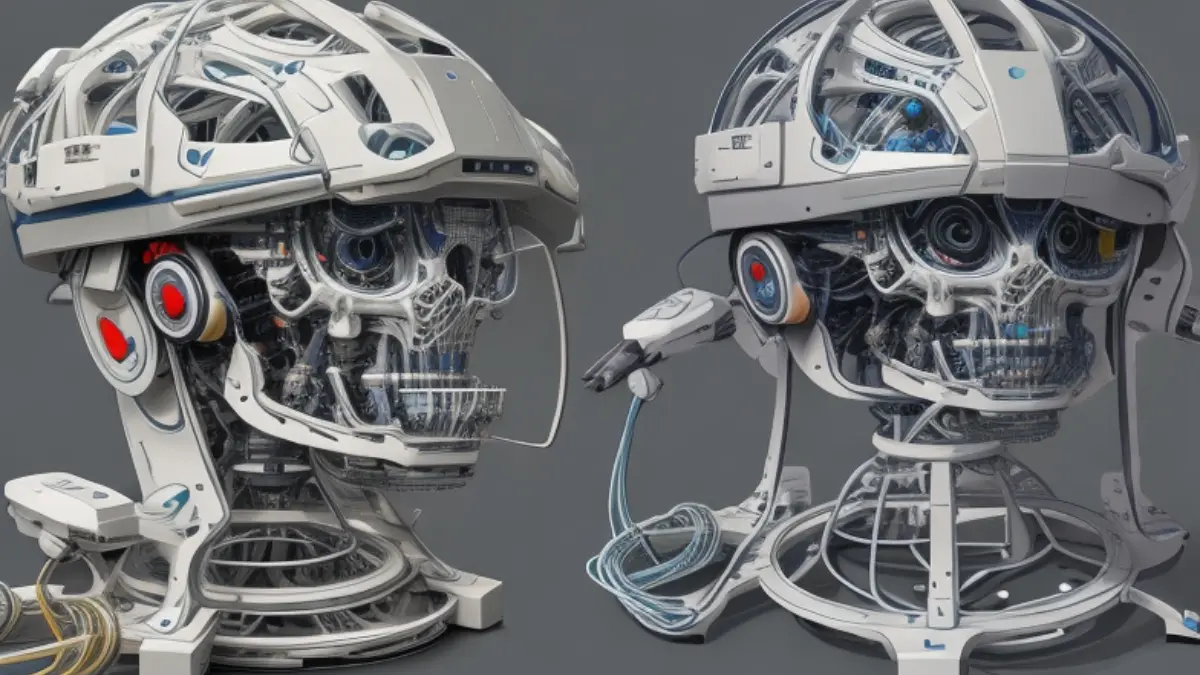The advent of artificial intelligence (AI) has spurred numerous discussions and debates across various industries, including the world of game development
In this digital age, where technology evolves rapidly, it’s natural to ponder whether AI will take over game development. To delve into this question, it’s crucial to first define AI in this context and understand its significance.
AI in game development refers to the integration of intelligent algorithms and systems to enhance various aspects of game creation, from design and testing to graphics and storytelling.
The question is significant because it not only reflects the ever-changing landscape of technology but also raises questions about the role of human creativity in an increasingly automated world.
Before exploring the possibilities and challenges, it’s essential to examine the current state of AI in game development.

The Role of AI in Game Development
AI plays a multifaceted role in game development. It contributes significantly to game design by enabling procedural content generation, fine-tuning game balance, and even assisting in level design.
Additionally, AI is invaluable in game testing, automating various testing processes and helping identify and fix bugs. Graphics in games benefit from AI through realistic rendering and animation, enhancing visual appeal.
Moreover, AI impacts storytelling by governing non-player character behavior and enabling dynamic narrative generation. These various aspects collectively demonstrate the extensive reach of AI within the game development process, making it a pivotal tool for developers.
Advantages of AI in Game Development
The integration of AI in game development offers numerous advantages. Firstly, it enhances efficiency and reduces costs. AI-driven automation can perform repetitive tasks, saving developers time and resources. Secondly, AI contributes to an enriched gameplay experience.
It adapts the game to the player’s skill level, creating a more engaging and personalized experience. Furthermore, it fosters innovation by allowing developers to explore new creative possibilities, pushing the boundaries of what’s possible in gaming.
The advantages of AI in game development extend beyond efficiency and touch upon the very essence of gaming—providing players with enjoyable, immersive, and innovative experiences.
Challenges and Limitations
Despite its promise, AI in game development faces various challenges and limitations. Ethical concerns arise regarding AI’s potential to perpetuate biases or its use in addictive game mechanics.
Balancing automation with human creativity is another challenge, as excessive reliance on AI may lead to formulaic and uninspiring games. Developers also need the skills to harness AI effectively, which can be a barrier for some.
Moreover, predicting player reception remains uncertain, as AI-driven games may not always align with player preferences. These challenges and limitations necessitate careful consideration and ethical oversight when implementing AI in game development.
Future Possibilities
The future of AI in game development is exciting and holds immense potential. AI is expected to continue evolving, becoming even more integral to the industry.
Its integration with emerging technologies like virtual reality (VR) and augmented reality (AR) presents new avenues for immersive gaming experiences.
Furthermore, AI’s role in indie game development is likely to grow, democratizing access to advanced game development tools.
As AI continues to advance and adapt, it will undoubtedly shape the future of the gaming industry in unforeseen ways, making it a fascinating area to watch.
Case Studies
Examining case studies is essential to understand the practical implications of AI in game development. Success stories highlight how AI can enhance game quality and player experiences. Conversely, examples of AI-driven failures or controversies shed light on the challenges and risks associated with AI integration.
Analyzing these real-world scenarios provides valuable insights into the nuanced relationship between AI and game development.
Conclusion
In conclusion, the question of whether AI will take over game development is complex. While AI’s role in various aspects of game development is undeniable, it is unlikely to fully replace human creativity and ingenuity.
Instead, AI serves as a powerful tool that empowers developers to create more efficient, personalized, and innovative games. However, this integration must be approached with care, considering ethical concerns and potential pitfalls.
The future of AI in game development is promising, with opportunities for continued growth and transformation, shaping the gaming landscape in novel and exciting ways.


